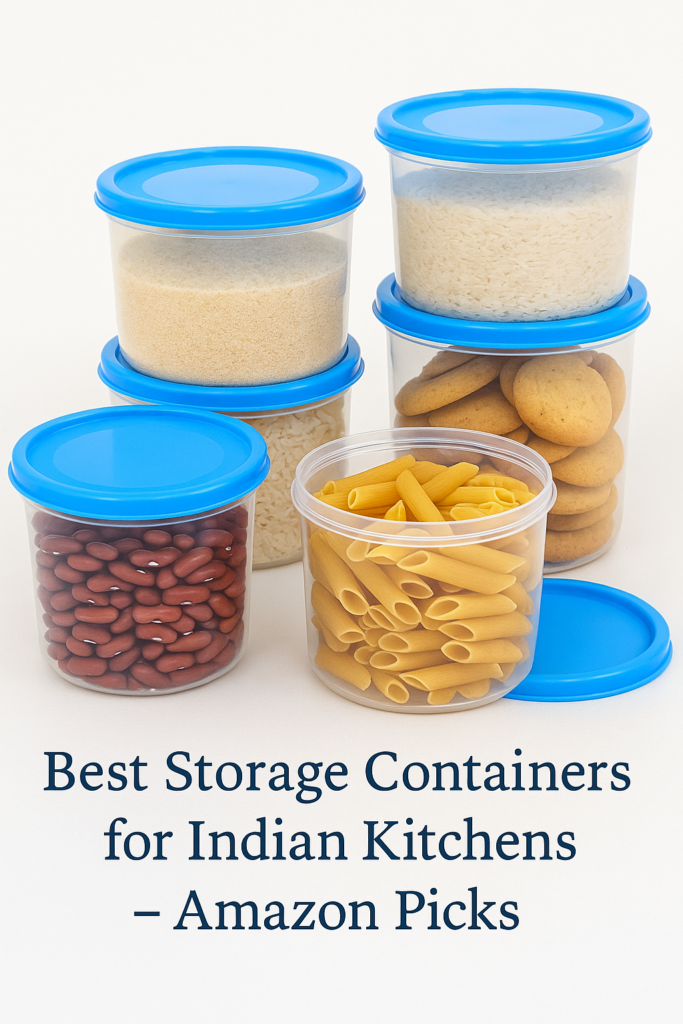Protein is an essential nutrient that plays a vital role in building and repairing tissues, supporting immune function, and maintaining overall health. While animal products are traditionally considered rich sources of protein, many plant-based foods also offer ample protein content, making them excellent choices for vegans and individuals looking to incorporate more plant-based options into their diets.
In this blog post, we’ll explore the protein power of vegan foods, highlighting some of the top sources and debunking common myths about protein deficiency in vegan diets.
Plant-Based Protein Sources: Contrary to popular belief, there are numerous plant-based foods that are rich in protein and can help vegans meet their daily protein needs. Some of the top vegan protein sources include:

- Legumes: Beans, lentils, chickpeas, and peas are excellent sources of protein, offering a combination of protein, fiber, and essential nutrients. Incorporating legumes into meals such as soups, salads, stews, and curries can boost protein intake and provide sustained energy.

- Tofu and Tempeh: Tofu and tempeh are soy-based products that are rich in protein and versatile in cooking. Tofu can be grilled, stir-fried, or baked, while tempeh can be marinated and used in sandwiches, stir-fries, or grain bowls, providing a hearty dose of plant-based protein.

- Seitan: Seitan, also known as wheat gluten, is a high-protein meat substitute made from wheat protein. It has a chewy texture and can be seasoned and cooked in various ways, making it a popular choice for vegan meat alternatives.

- Quinoa: Quinoa is a complete protein, meaning it contains all nine essential amino acids that the body cannot produce on its own. This gluten-free grain is versatile and can be used as a base for salads, pilafs, or breakfast bowls, providing a nutritious protein source.

- Nuts and Seeds: Almonds, peanuts, walnuts, chia seeds, flaxseeds, and hemp seeds are all rich in protein, healthy fats, and other essential nutrients. Sprinkling nuts and seeds onto oatmeal, yogurt, salads, or smoothies can add a protein and nutrient boost to your meals.

Dispelling Protein Myths:

Despite the abundance of plant-based protein sources, there is a common misconception that vegan diets are inherently deficient in protein. However, with careful planning and a diverse selection of plant foods, vegans can easily meet their protein needs and maintain optimal health. By incorporating a variety of protein-rich plant foods into meals and snacks throughout the day, vegans can ensure they are getting all the essential amino acids and nutrients their bodies require.
The protein power of vegan foods is vast and diverse, offering a wide range of options for individuals following plant-based diets. By incorporating legumes, tofu, tempeh, seitan, quinoa, nuts, seeds, and other plant-based protein sources into meals and snacks, vegans can easily meet their protein needs and enjoy delicious, nutritious meals that support their health and well-being. With awareness, knowledge, and creativity in the kitchen, embracing a vegan lifestyle can be both satisfying and protein-rich.
Disclaimer: The information provided in this blog post is for informational purposes only and should not be construed as medical advice. It is not intended to diagnose, treat, cure, or prevent any disease. Always consult with a qualified healthcare professional before making changes to your diet or lifestyle, especially if you have any underlying health conditions. The author and publisher of this blog post are not liable for any damages or losses arising from the use of or reliance on the information presented herein.
- Where Can I Buy Kitchen Mats Online in India? – Top 5 Trusted Websites
- Transform Your Kitchen Comfort with the VELUZA 3-Piece Anti-Slip Soft Diatomite Kitchen Mat Set
- 🧹 Top 8 Broom and Mop Sets in India (2025 Budget Picks)
- Best Storage Containers for Indian Kitchens – Amazon Picks 2025
- Top 5 Electric Kettles in India Under ₹1000 – 2025
- 📱 The Ultimate Smartphone Buying Guide – 2025 Edition
- 🎥 Digitek DSG-010 PRO vs. DJI Osmo Mobile SE: Which Smartphone Gimbal Should You Buy in 2025?
- 🌿 Why You Should Switch to Eco-Friendly Kitchen Products 2025
- 🏡 Stylish Home Decor Items You Can Buy for Under ₹1000
- 🎁 Best Gifts for Women Under ₹1000 – 2025 Guide
- 🎧 Top 5 Earbuds Under ₹1500 – Tested & Reviewed (2025 Edition)
- 5 Affordable Gadgets That Make Life Easy
















